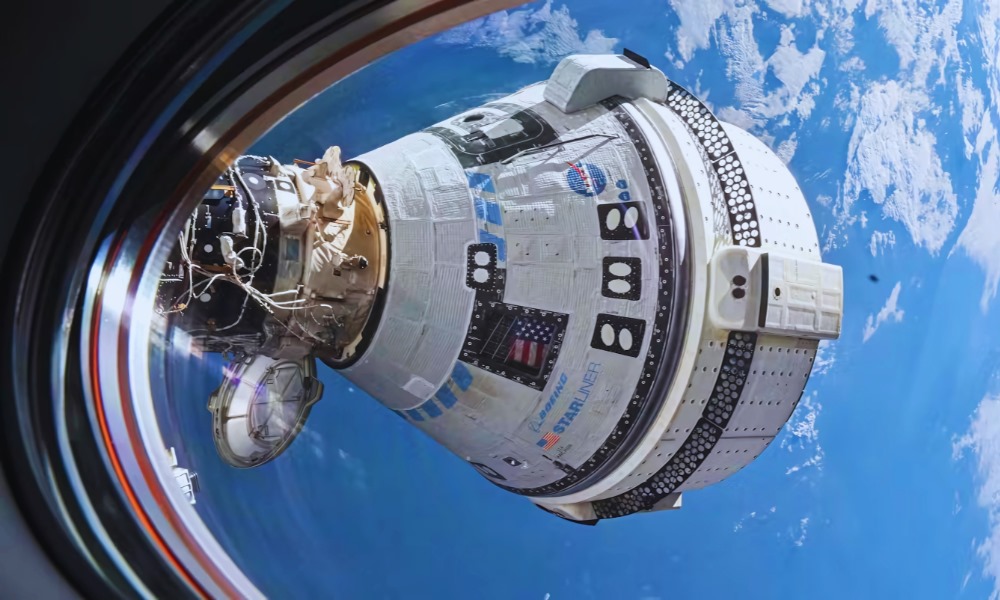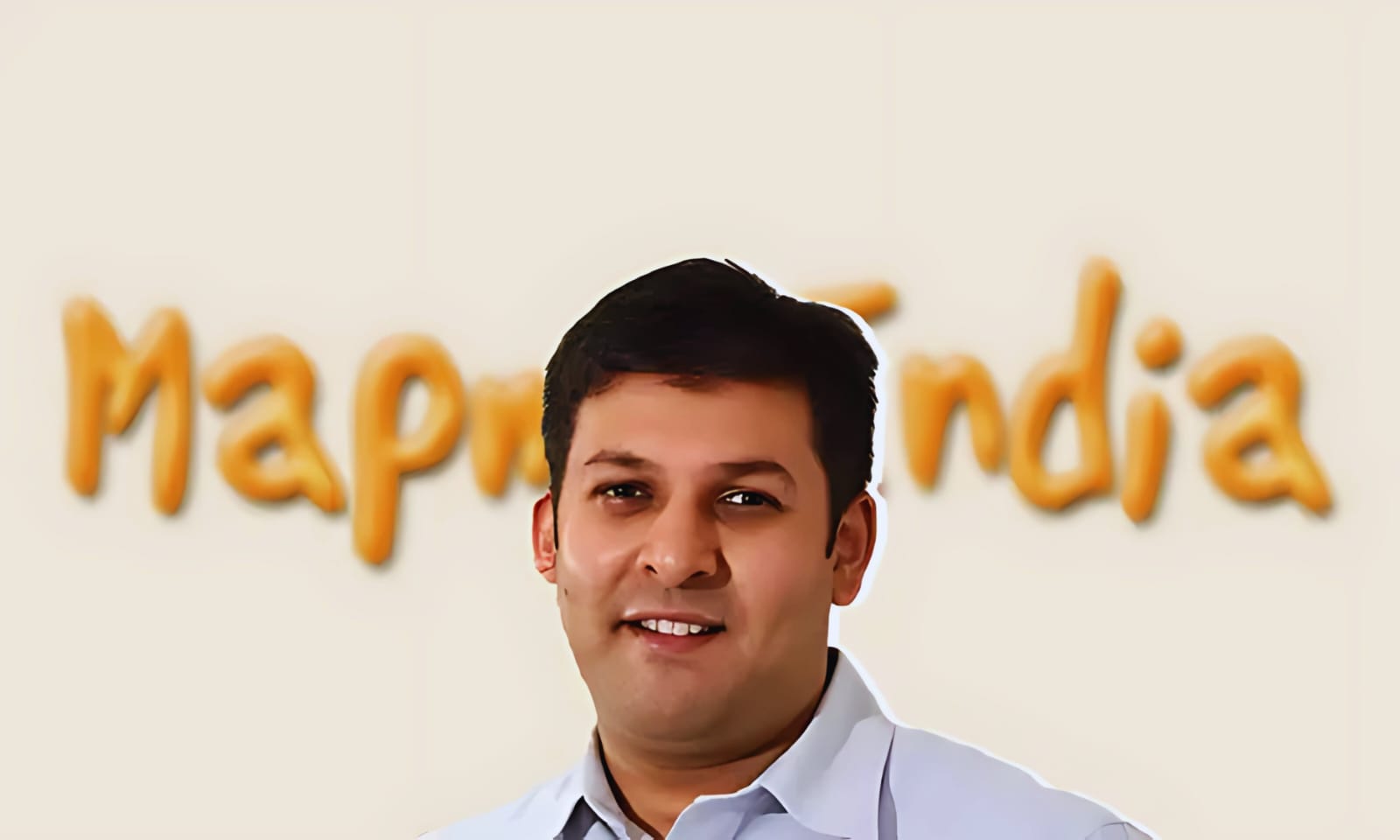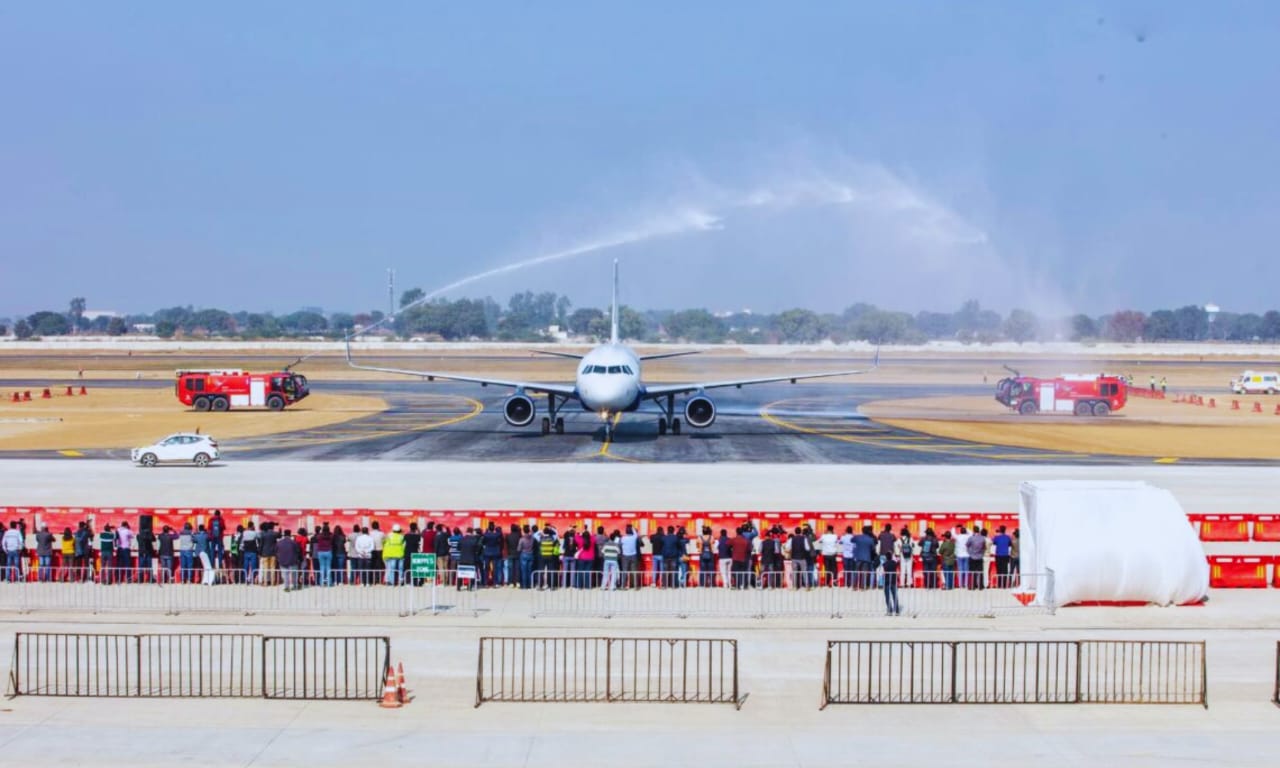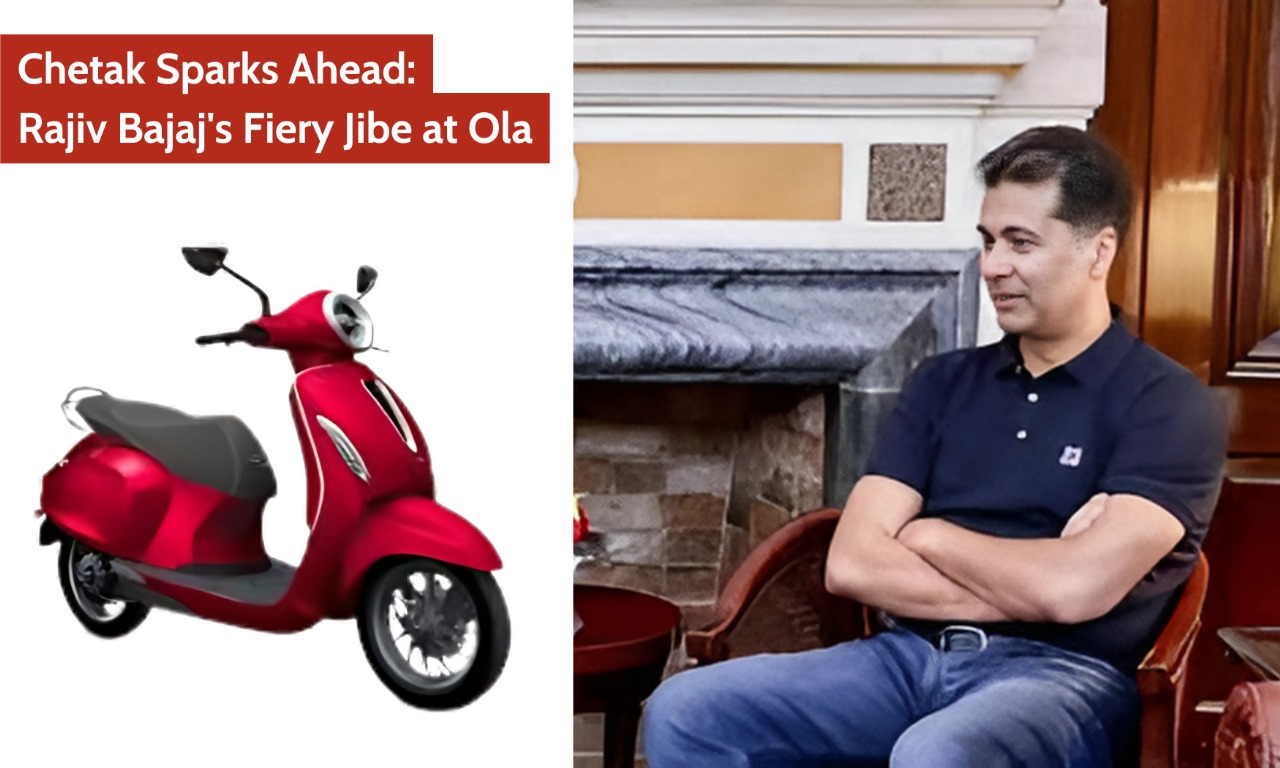Stranded in Orbit: The Six-Month Saga of Starliner’s Crew

Astronauts Sunita Williams and Butch Wilmore have been aboard the International Space Station (ISS) for almost six months, far longer than the week-long mission they originally planned.
Their journey, which began on June 5, was the first to use Boeing’s new Starliner crew capsule.
The capsule faced technical issues, including engine problems and leaks, which led NASA to declare it unsafe for the return trip. Consequently, the astronauts’ mission was extended until February 2025.
NASA’s Stance on “Stuck” Astronauts
Despite public descriptions of the astronauts as “stuck” or “stranded,” NASA and the astronauts themselves reject this portrayal. Both Williams and Wilmore have embraced their situation with positive outlooks.
Wilmore, a former Navy captain, likens the extended stay to a detour. “We’re just on a different path,” he said. Williams, who has been to space multiple times, also maintains a cheerful perspective, telling students from her hometown in Needham, Massachusetts, “I like everything about being up here.”
For these astronauts, living in space is part of their job, and they seem to be making the most of it.
Williams, who became the ISS station commander in September, and Wilmore, have been fully integrated into the crew, helping with both scientific research and everyday tasks like fixing a broken toilet and maintaining the station’s air vents.
Family and Personal Life in Space
While the astronauts are focused on their work in space, they also miss their families. Williams, who is 59 years old, has been keeping in touch with her husband, Michael Williams, who is caring for their dogs back in Houston.
In a November interview, Williams expressed hopes of returning soon but acknowledged the uncertainty of her situation. “Hopefully I’ll be home before that happens—but you never know,” she said.
Wilmore, who is 61, has been missing key family moments as well, including his younger daughter’s senior year of high school and his older daughter’s theater productions at college.
His wife, Deanna Wilmore, mentioned the emotional toll of the extended separation, especially during the holidays, when families typically gather together. “We are certainly looking forward to February!!” she said.
A Life Beyond the ISS
Though Williams and Wilmore remain on the ISS, they continue to stay active in promoting events on Earth.
Williams, a keen runner, has used the space station’s treadmill to participate in races like Cape Cod’s 7-mile Falmouth Road Race and even completed the Boston Marathon from space back in 2007.
She also takes along items like a New England Patriots shirt and a Red Sox spring training shirt to maintain a connection to her hometown sports teams.
Williams has also been active in sending out holiday greetings, including a video message for Diwali, wishing everyone a happy celebration from space.
She said, “Greetings from the ISS. I want to extend my warmest wishes for a Happy Diwali to everyone celebrating today at the White House and around the world.”
NASA and Boeing’s Feedback
Boeing has praised the contributions of Wilmore and Williams in their ongoing investigation into the Starliner’s issues.
Their feedback has been invaluable in identifying what went wrong during the flight, which was intended to be a one-week test mission but has now extended for six months.
Boeing is working on preparing the Starliner for its next voyage, although it has not specified when that will occur.
NASA officials, including Dr. JD Polk, chief health and medical officer, have also commended the astronauts for their positive attitudes and ability to adapt to the situation. “Whether it was luck or whether it was selection, they were great folks to have for this mission,” Polk said.
Space Missions and Astronaut Training
Astronauts like Wilmore and Williams are well-prepared for the challenges of extended missions.
NASA Associate Administrator Jim Free pointed out that astronauts are trained for scenarios where they may be in space for up to a year. This includes preparing for spacewalks and emergency situations.
The unexpected extension of their mission follows a similar situation in 2023, when astronaut Frank Rubio had to stay in space for over a year due to capsule delays from the Russian Space Agency.
The astronauts’ ongoing mission will be completed with a return journey scheduled for February 2025. While NASA reassigned them to a SpaceX flight for their return, two other astronauts were moved to make room in line with the six-month crew rotation schedule.
Sunita Williams and Butch Wilmore have been adapting to their extended stay aboard the ISS, turning what could have been a challenging situation into an opportunity for continued work and personal growth.
Their story is a testament to the resilience and determination required for space exploration. As they continue their mission, their spirits remain high, and they await their return to Earth, hopefully by February 2025.







